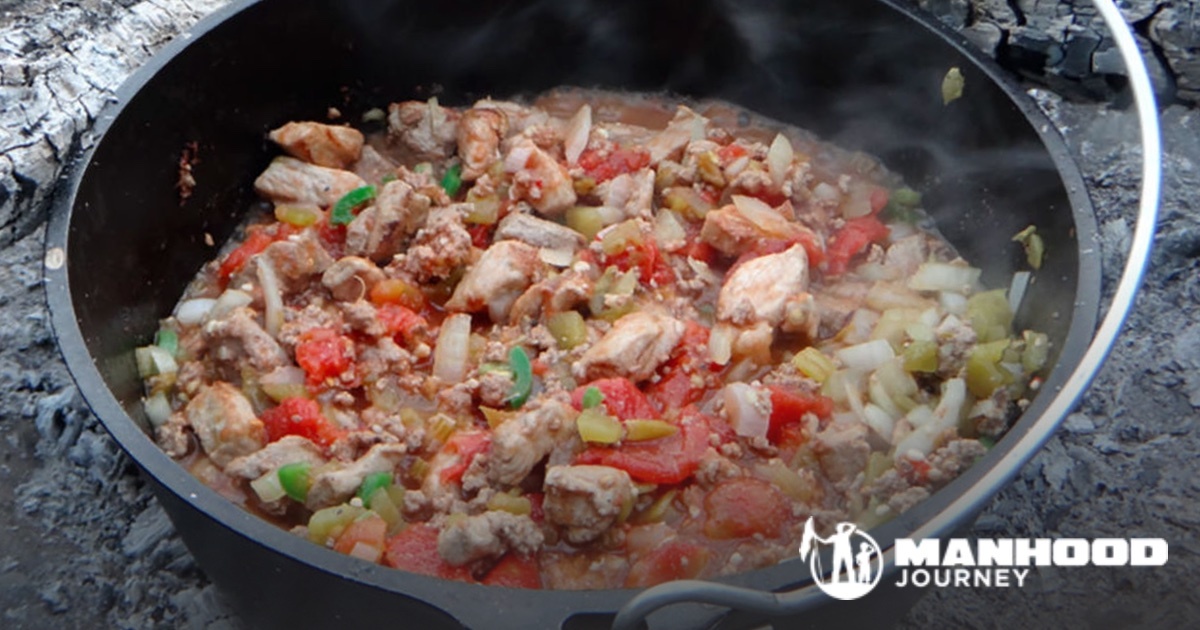Have you ever thought this about your children: “They just don’t get it! I’ve tried to explain this to them – more than once – but my idea is like a drop of rain and their brain is like hard clay. Rolls right off!” And maybe you’re wondering how a Godly father should respond when your children argue? Keep reading and we’ll dive into it!
If you have, you’re not alone. As Fathers, we often have input that could help our children, but getting the concept from our head into theirs is not always easy. One delivery mechanism that’s served me well in raising boys: the metaphor.
Tilling the soil
I’ve seen metaphors soften the soil of their mind and allow the water to work its way in there. Despite some limitations, they’re great tools in making a point and having it stick.
I have a handful of my favorite “go to” metaphors. Some have even become shorthand in our family. I just mention the metaphor’s name, and the point is “re-made” without a lengthy explanation.
Welcome to the blog series, Seeds Planted: Helpful Metaphors for Fathers. In this series, we will cover four:
- Relational Stew: getting along with others (especially siblings!)
- Edge of the Ledge: resisting the urge to skirt close to danger
- Cup & Faucet: God’s blessings and our role in the process
- Death Star: avoiding the magnetic pull in key areas of our lives
Let’s dive into the first one now. Then, we’ll cover the others in the following posts.
Relational Stew: What to say when your children argue
Have your children ever had a disagreement? Maybe it was a “tea & crumpets” debate. Polite, civil, even pleasant. Or, perhaps it was more like a “shock and awe” argument, with words (and maybe objects!) flying around like hornets after their nest was kicked.
I’ve refereed my share of disputes. When I’m wondering what to do when my children argue, I draw them back to a concept called relational stew. I say something like this:
“Your relationship with your brother is like a huge pot of stew. You sit on one side, he’s on the other. Each of you are ‘making’ the stew in real-time. You toss in some ingredients, he does too. On it goes for years. The stew becomes what the two of you put into it the most. If you want a good relationship, you’ll put good ingredients into it.”
This inevitably leads to one (or both) of them saying, “But what if I put in good things and he keeps putting garbage in!? I can’t control the flavor of the whole stew all by myself!”
And we’ve arrived. Now, we’re talking. I want them to see two things about relationships:
- They can only control what they put in
- They have the power to put good in, despite the other person’s choices
Loving like Jesus
I believe these two ideas are the bedrock of strong, healthy relationships. For us Christians, this goes right back to the cross. When we are wondering what to do when our children argue, we must remember to point them to the Lord. Despite how He was treated, Jesus loved us. He kept putting “good ingredients” in (love), despite our propensity to reject, mock, and mistreat Him.
We can help our kids learn that to have great relationships they must love others unconditionally. They can do this best when they’re not focused on what “someone else is putting in” to the relationship. Rather than worry about what others are doing, we coach them to look in their own hands. Are they putting good ingredients in, like love, fun, forgiveness, honesty, kind words, and grace?
The flavor of the whole stew is not completely within their control. They can leave that up to God, freeing them to be the best servants they can be without sweating the outcomes.
In other words, they become a great friend.
{{cta(‘9216ad6f-5538-41f3-a6ee-88855c0ee5fb’,’justifycenter’)}}












